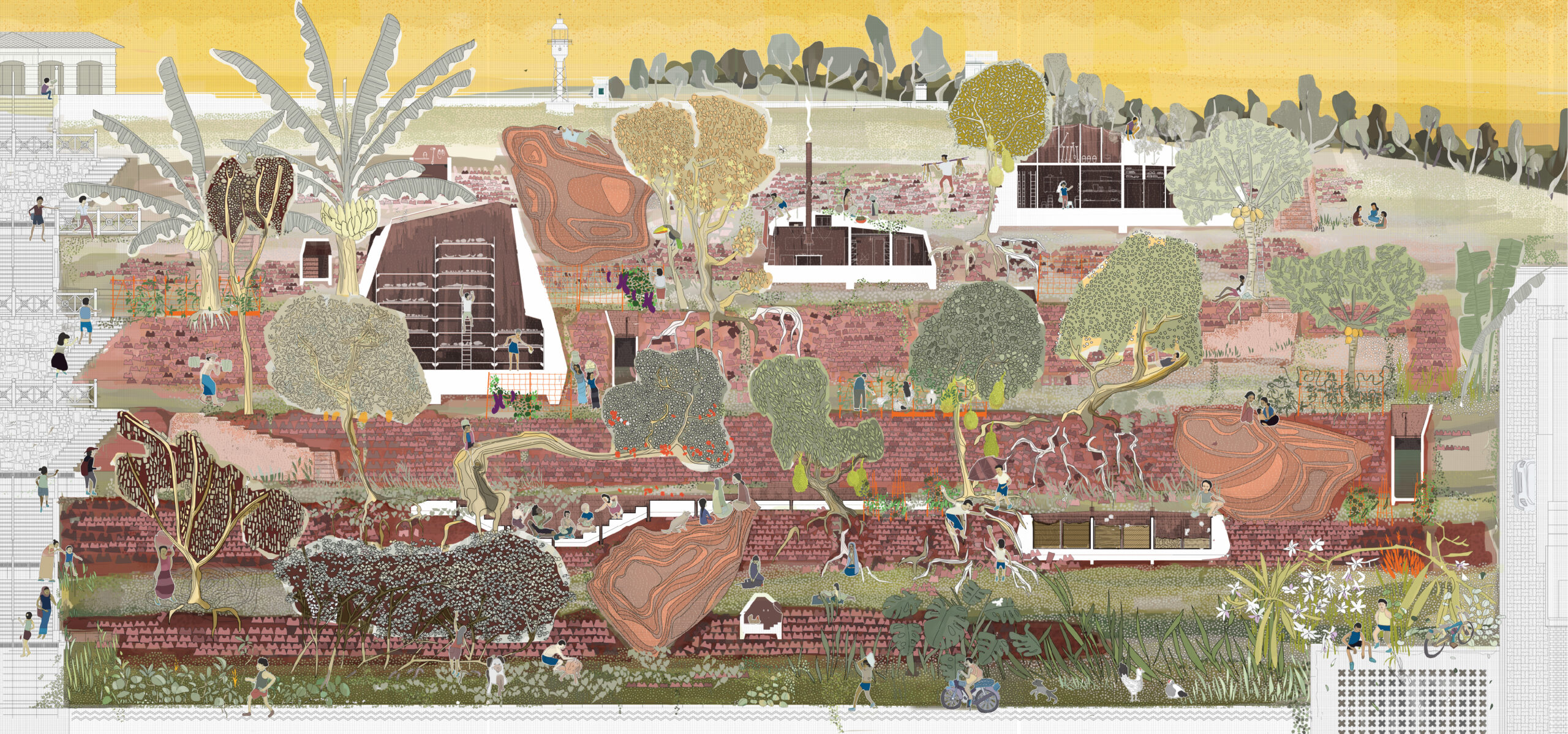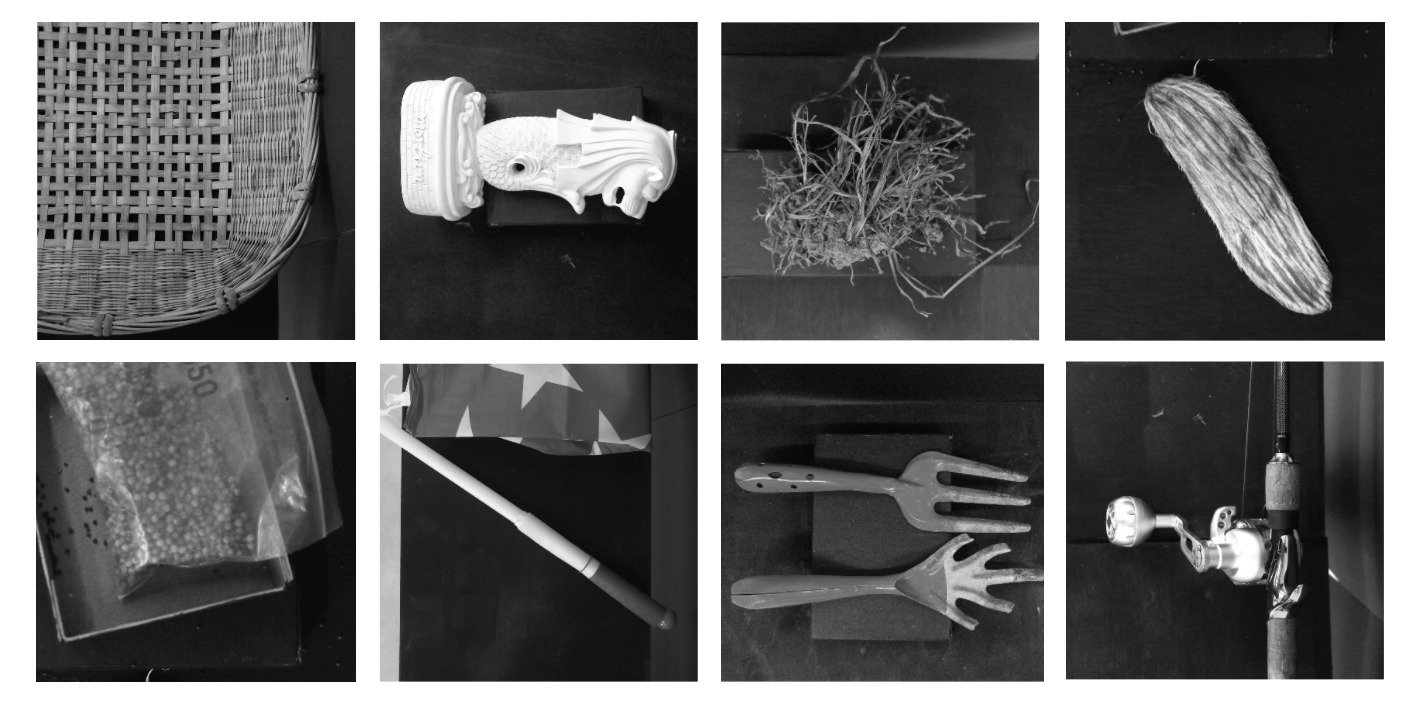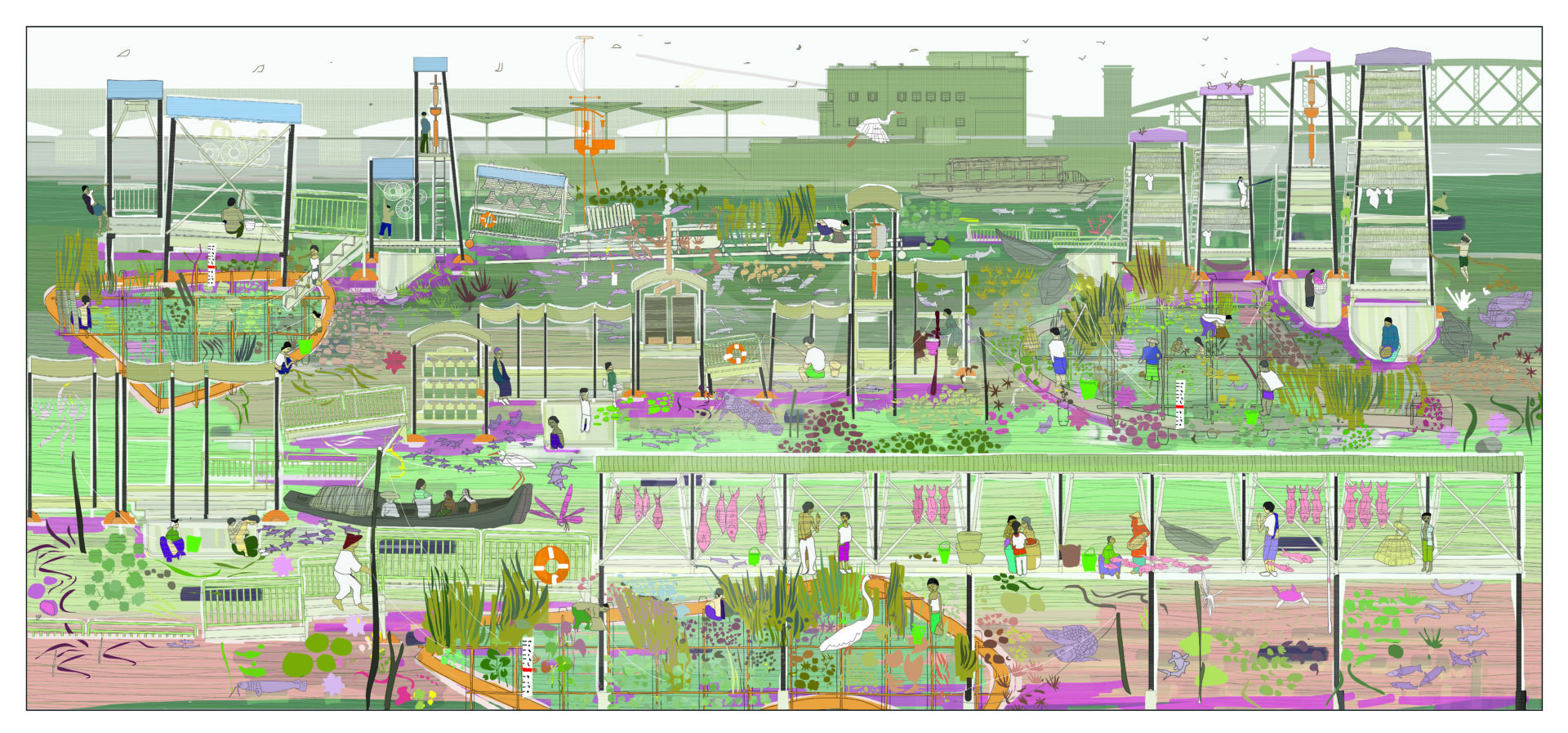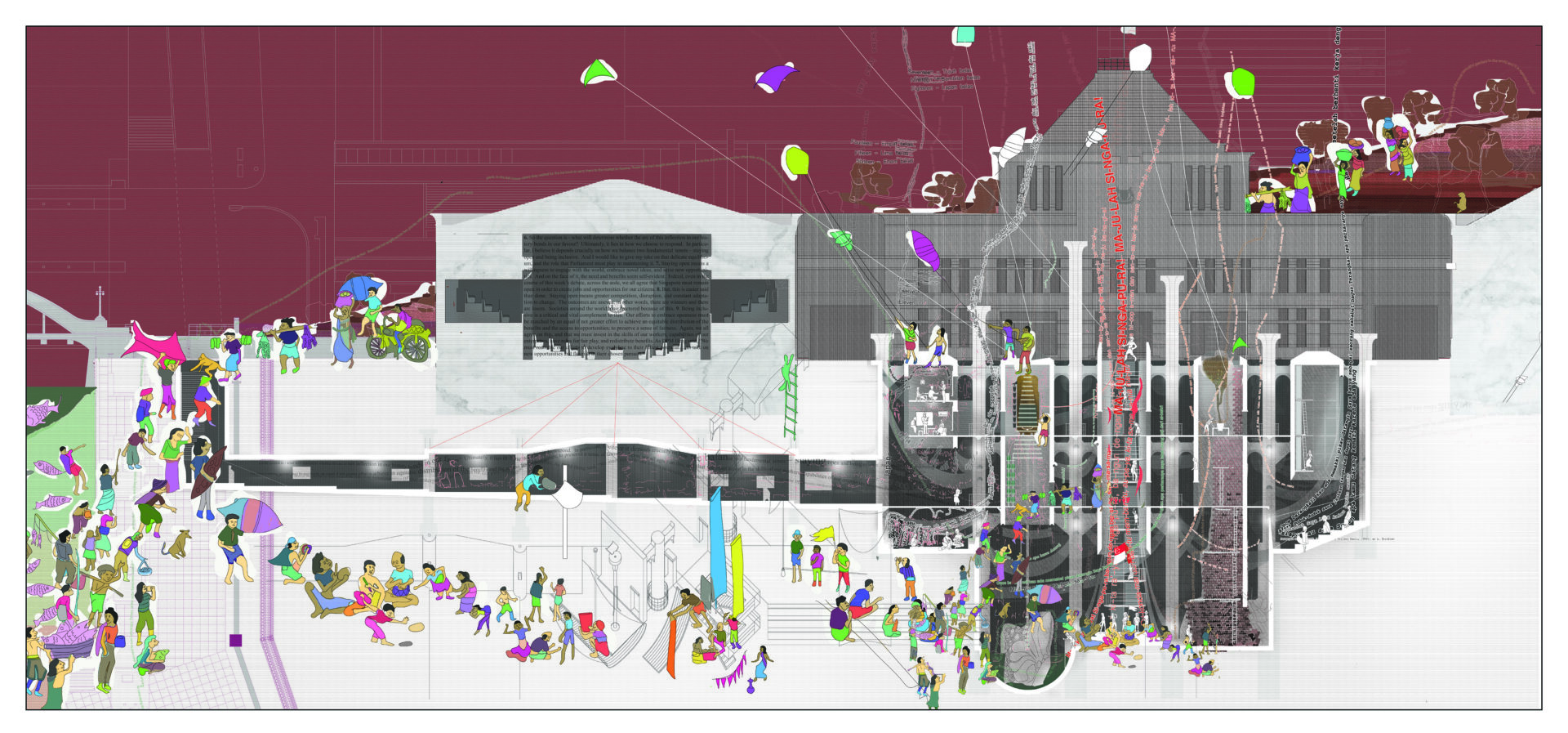In recuperating histories of place, notions of value are accumulated through leisurely pursuits, personal reflection, and agency, recalibrating our attitude towards – and within – the city.
1. This thesis emerged from a study of Nuisance. Its antagonism to spatial norms of the city and its architecture made it an interesting, inspiring phenomena. However, Architecture may transcend nuisance by not just rejecting the status quo, but by substituting it with a self-affirming set of values.
2. Revaluing value functioned as a point of departure from nuisance. Leisure, critical of the capital-centric city, possessed value – on a local level of architecture, and collectively towards a communal sense of nationhood.
3. Infrastructure, so central to the productive city, is exposed. Infrastructures of leisure subvert the integrity of their ubiquitous counterparts. Their active forms might accumulate their own patina of meaning – they, too, can generate counter-values of leisure.
4. A Malayan spatial disposition towards productive leisure, drawn from the particularities of the land, is exemplified through the work of local landscape artists in the years following independence. They make visible the leisurely potentials in which the architecture sits, invisible to other modes of representation.




Supervisor's comments:
Yong Chern’s thesis accords value to leisure amidst the race for productivity. The Citizen’s Parliament, composed of three infrastructures, employs allegorical readings of Singapore’s landscape histories and their potentially critical dispositions. Semoga Bahagia, after a title of a children’s song by Singapore’s national anthem composer Zubir Said, proposes a speculative value system where time, space, and the intrinsic relationships within these constructs radically alter the ways we act, think, imagine, and live. The drawings advance an original reading of Singapore’s Malayan pre-independence past, developing the landscape paintings from this period into a politicized aesthetics of a leisurely alternative within a capitalist city today.
- Assoc. Prof. Lilian Chee (Dr.)